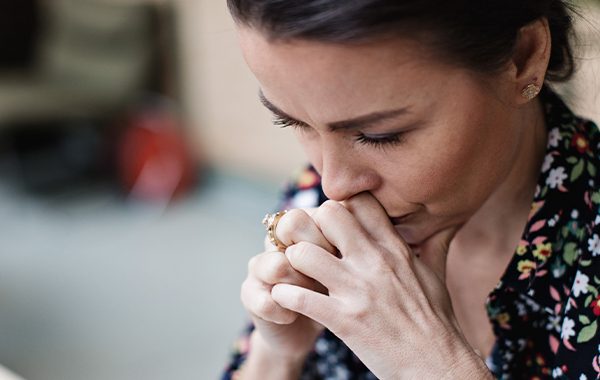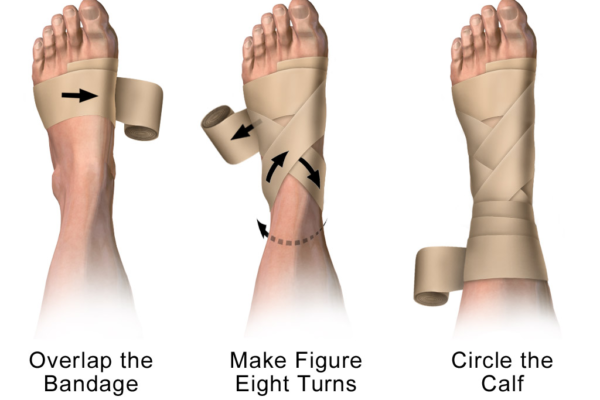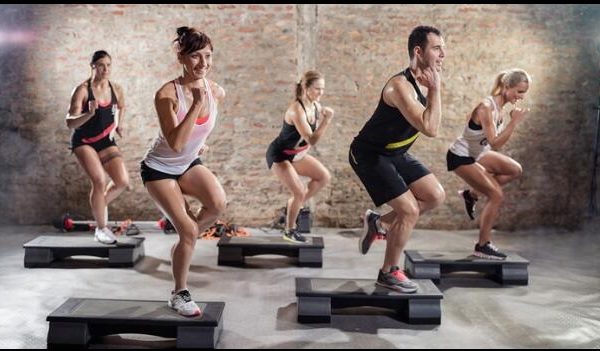Dealing with anxiety can feel like a constant, exhausting battle. Whether anxiety is a constant companion for you or you get triggered by certain situations, it’s an awful thing to deal with. Your heart may race, you may feel like you can’t breathe, or you may get nauseous or light-headed.
If you fight with anxiety, it’s important to find coping mechanisms to deal with attacks when they come on. Everyone has different things that work for them, but there is some good anxiety reducing exercises that are effective for most people. Read on to find some ideas you can try.
Work Out
If you struggle with anxiety, you’ve probably heard before that working out can help. And for good reason – there has been a ton of studies that show exercise can help reduce stress and lower anxiety. As our favorite pink-wearing lawyer said, “Exercise gives you endorphins; endorphins make you happy.”
Exercise does give you endorphins, and it also helps lower some of your stress hormone levels. It can help you sleep better, which can be important in reducing anxiety levels. In fact, one study suggested that people who exercise are 25 percent less likely to develop anxiety.
Switch to Tea
One great way you can help reduce your anxiety is to switch from coffee to tea. Coffee has a high level of caffeine – around 95 mg in an eight-ounce cup. And while that caffeine can feel helpful if your anxiety keeps you up at night, it may be adding to the problem.
Caffeine is a stimulant; it makes your heart beat faster, your mind race and activates your central nervous system. While these can feel like good things if you’re trying to stay awake, you may also recognize those effects as some of the symptoms of anxiety. Drinking green tea, which has only 35 mg of caffeine per eight ounces, can help mitigate some of your anxiety.
Use Aromatherapy
Aromatherapy has been used for a variety of things over the centuries, but one of the most popular modern uses is for anxiety. Most aromatherapy uses essential oils, and in general, inhalation is the recommended method. There are a few essential oils that are recommended for helping reduce anxiety.
Lavender oil can help lower anxiety levels and improve your mood, according to some recent studies. If you need to chill out without getting sleepy, jasmine can be a good choice. And bergamot can be helpful in reducing anxiety, so if you’re trying to switch to tea, maybe drink some Earl Grey.
Practice Acceptance
A big part of the struggle of anxiety is the feeling of fighting to keep your emotions under control. You may start to feel your anxiety coming on and start panicking about getting an anxiety attack. It can ramp up your stress levels and turn into a vicious cycle in no time.
Practicing accepting your anxiety can help mitigate anxiety and panic attacks. When you feel your anxiety ramping up, rather than trying to fight it, accept the way you’re feeling at the moment. Be aware of your feelings in a nonjudgmental way, and examine your thoughts as they happen.
Talk to Someone
Oftentimes, anxiety is a problem of becoming too trapped in our own heads. We get caught up in our thoughts, worrying about the past or the future, and we lose touch with reality. When this happens, talking to a friend or loved one can help calm us down again.
Talking to someone you love and trust can accomplish a couple of things. First of all, it can break you out of the anxiety cycle, giving you something else to focus on and reminding you that there is a reality outside of your anxiety. Second, talking to someone you love can produce positive endorphins that can help reduce anxiety.
Meditate
You’ve probably also heard about meditation as a popular way to combat anxiety. And regular meditation can be a great tool to help you both deal with panic attacks at the moment and prevent them from happening. Not to mention meditation comes with a whole bunch of other health benefits.
When you practice mindfulness and meditation regularly, you develop a skill for clearing your mind and finding calm in your surroundings. In the middle of a panic attack, focusing on your breathing can center you and break the cycle of negative thinking. And creating a habit of serenity and gratitude in your life can help bring you to a happier place more free from anxiety.
Get a Massage
Getting a massage on a regular basis feels awesome, but it can also be great for reducing stress and anxiety. For one thing, a massage is a great form of self-care, an important factor in reducing anxiety. The simple act of taking an hour to do something kind for yourself can be powerful in lowering your stress levels.
But besides the self-care aspect, massage brings some wonderful physical and mental benefits. A massage can trigger your brain to release endorphins that raise your mood and lower stress levels. Click here to learn more about some of the benefits of getting a massage.
Practice Some Anxiety Reducing Exercises
Dealing with anxiety can be scary and exhausting, but it doesn’t have to rule your life. Find anxiety reducing exercises that work for you and practice them. Also, remember there’s no shame in asking for help from a professional therapist if you need it – it’s all a part of making sure you’re living your best life.
If you’d like to read more lifestyle articles like this one, check out the rest of our site at Lifestyle Hobby. We have articles about hobbies, travel, the home, and more. Check out our bank of self-improvement articles today.





